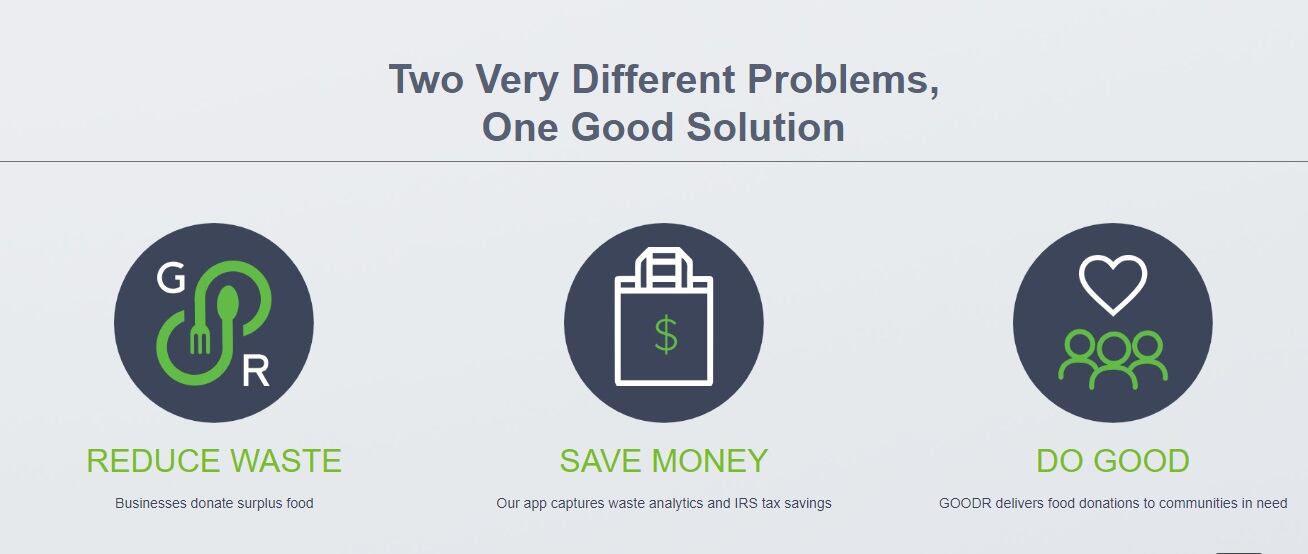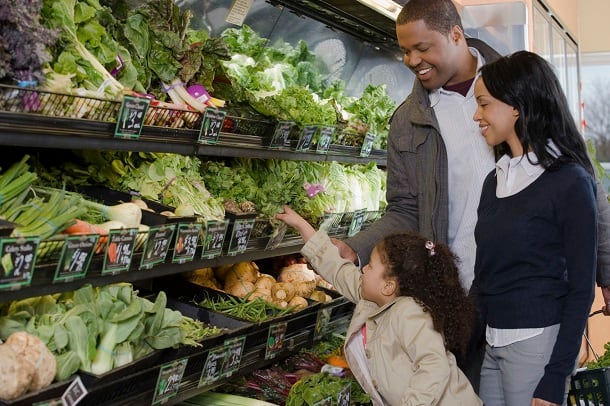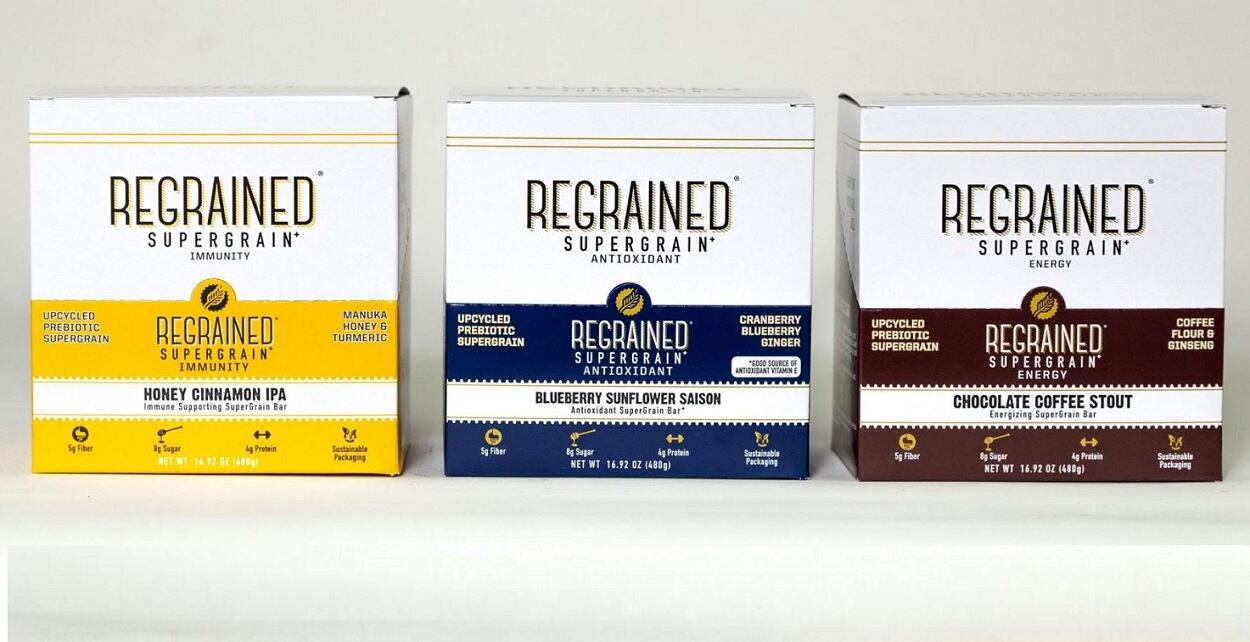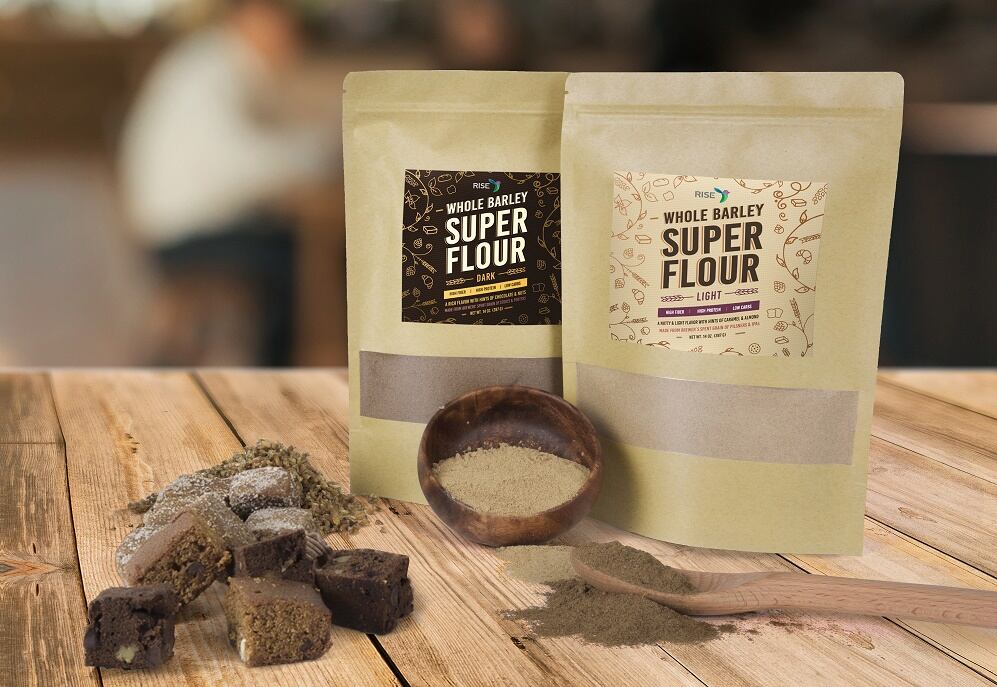In addition, they are spending $218 billion a year in the US producing, transporting and disposing of food that will never be eaten, she told attendees at the US Chamber Foundation’s Food Forward event in Washington, DC, earlier this month.
At the same time that an estimated 72 billion pounds of “perfectly good food” is wasted annually, she added, one in seven Americans are going to bed hungry every night.
While these are two very different problems, Crowe said Goodr has a solution for both.
“I don’t think hunger is a matter of scarcity. It is an issue of logistics. And at Goodr we are solving the surplus food supply chain problem, by ensuring the delivery of this food from businesses who have it to non-profits that give it to people in need – all while allowing businesses to track, account for and earn from their donations,” she said.
At a basic level, Goodr is a tech-enabled platform that allows companies with surplus food to call drivers who will pick up and deliver it to those in need, Crowe said. But, she added, the platform also is much more because it also protects benefactors from potential liability related to food safety and it helps them “turn their cash into trash.”
Liability relief
On the first point, Crowe said when she first began asking companies to donate their surplus food she discovered many were scared they would be held liable if a food safety issue arose after the food left their control.
“There were unaware of the federal protection offered them under the Good Samaritan Act,” she said.
But Goodr offers another layer of protection by requiring nonprofits to sign a hold harmless indemnity agreement prior to receiving food from Goodr. Goodr also uses certified food handlers and offers insurance coverage for each donation and delivery, Crowe said.
Cash for trash
The company also works with organizations in compliance with the Internal Revenue Service through its blockchain enabled platform to increase companies’ bottom lines from their charitable donations, she said.
“Under tax legislation [companies] are allowed to write off up to 30% of their annual income to donations,” which they can track on Goodr’s app, Crowe said.
She added, because Goodr uses blockchain technology companies can prove to the IRS that they did not falsify how much they donated – but rather earned the benefits afforded under tax law.
In exchange for Goodr’s services, companies pay a volume based fee that is a fraction of what other waste management companies charge, Crowe said. “We can see that if companies work with us, for every dollar our customers spend with us, it typically saves them $14.”
Ready to scale
While Goodr is still relatively young having launched in 2017 in Atlanta, Ga., Crowe said it is now ready to expand to new areas at the end of this year.
“Already we have customers in our pipeline that include major league baseball associations, McCormick Place in Chicago,” Kroger stores, airports and many more, she said.
“Over the next year we are also rolling out additional services to offer a one-stop solution for our customers, including our Goodr energy, which will allow us to take food waste and convert it into electricity,” Crowe said.
Based on the company’s momentum so far as well as the investment in food waste reduction in general, Crowe added, “We believe there has never been a better time to do Goodr.”




